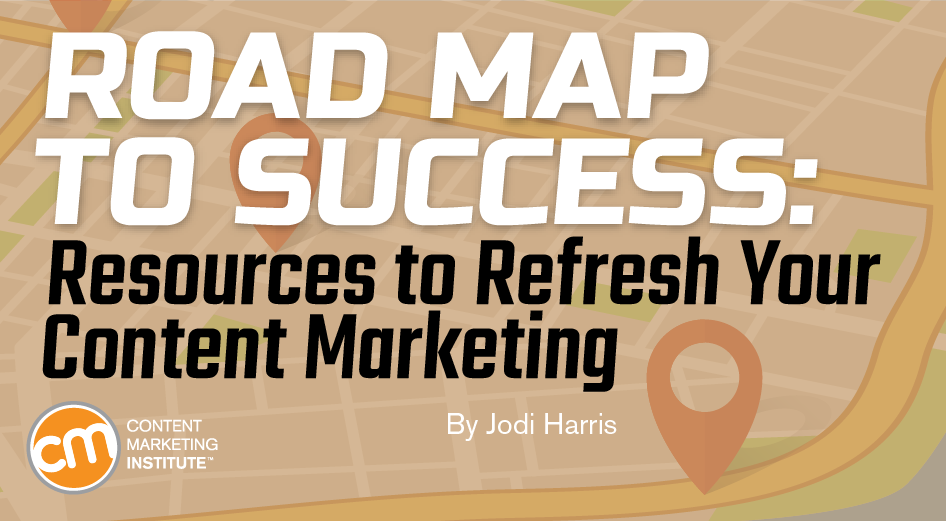Author: Jodi Harris / Source: Content Marketing Institute

No matter how far you’ve come in your content marketing career – and how much you continue to progress – there are always a few things you wish you were better at, understood more deeply, or had known about earlier.
On my career path, I traveled from print journalism to public relations to digital publishing before arriving at the content marketing crossroads. At that point, I needed to get up to speed on some fundamentals that hadn’t factored into my previous roles; so I turned to informational resources like CMI to power my journey of discovery. (Yep, I relied on content marketing to strengthen my ability to be a content marketer.)
There’s always more to learn; but my self-education efforts have helped me to bridge some knowledge gaps, develop new skills and techniques, and produce better results for my clients and content partners.
I thought I would return the favor by revisiting the fundamentals of successful content marketing from top to bottom. Think of this post as a road map to CMI’s best resources on topics where you or your team might benefit from a refresher course or an expanded view.
What is content marketing?
Like most things in life, you can’t reach your full potential for success with content marketing until you understand exactly what it is (and what it isn’t) – including how it’s defined, what business goals it can help you achieve, and what roles it should play in relation to your other marketing disciplines and techniques.
While some circles of the digital industry have yet to agree on a definitive characterization of the technique, the definition we use at CMI represents the consensus:
Content marketing is the strategic marketing approach of creating and distributing valuable, relevant, and consistent content to attract and acquire a clearly defined audience – with the objective of driving profitable customer action.
In short, instead of pitching your products or services, content marketing works by capturing the attention of your target audience members and helping them address their informational and task-oriented needs. The belief is that your audience over time will come to trust and rely on your guidance, recognize your company’s unique value proposition, and ultimately reward you with business and loyalty.
Let’s unpack the definition further to hone in on its three most essential components:
- It is relevant to a target audience: To build and reinforce loyal, trusting relationships between your business and potential buyers, your content marketing efforts need to communicate with them on their own terms and appeal to them based on their interests – not just the perspectives and priorities your business wants to further.
- It provides them with tangible value: Content marketing is most likely to succeed when it serves a specific and largely unmet need, like delivering critical information buyers are likely searching for, providing a tool or technique to make their lives easier, or guiding them through the steps of a complicated process they might have difficulty navigating.
- It is consistent: Even if you luckily find viral success with a single content effort, those gains can only be sustained over the long term if your content efforts remain consistent – meaning they are produced on…
Audience Team
The digital audience insights you need to build, manage and market to your digital audiences.

